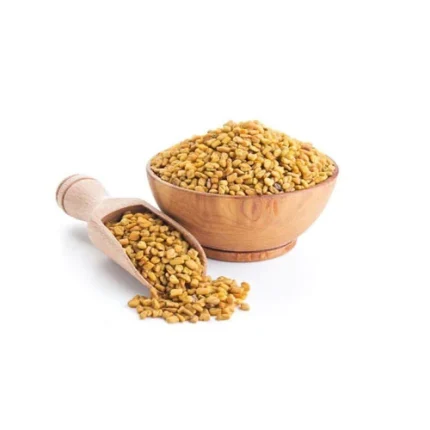
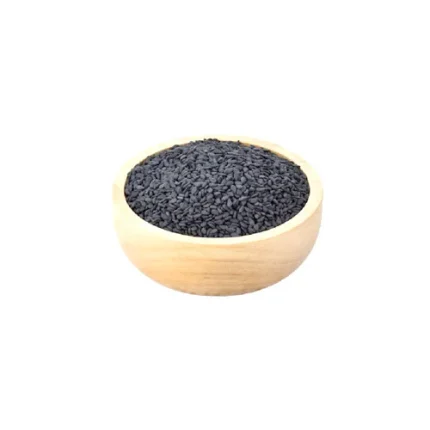
Milk Thistle Seed بیج اونٹ کٹارہ
₨500 – ₨2,500
Overview
Milk thistle (Silybum marianum (L.) Gaertn.) is a versatile crop that has adapted to the broadly different soil and environmental conditions throughout all continents. To date, the fruits (“seeds”) of the plant are the only reliable source of silymarin, which, given its recognized therapeutic effects and its many present and potential uses, has led to a significant re-discovery and enhancement of the crop in recent years.It grows abundantly in Pakistanas a weed with wheat crop as well as on unutilized, barren ground. Its peak maturity period is April to July.
Benefits
Milk thistle is celebrated for its remarkable ability to support liver health, aiding in the detoxification of the body from substances like alcohol, pesticides, heavy metals, and environmental pollutants. The key active ingredient, silymarin, serves as a strong antioxidant that not only shields liver cells from harm but also promotes their regeneration and assists in the elimination of toxins. Furthermore, silymarin may lower the risk of certain cancers, including breast cancer, by enhancing immune function and safeguarding DNA from damage. Beyond liver health, milk thistle contributes to cardiovascular wellness by helping to lower cholesterol levels, decrease inflammation, and combat oxidative stress in the arteries. It may also be beneficial for individuals with insulin resistance by helping to regulate blood sugar levels. Additionally, the antioxidants in milk thistle can protect the skin, minimizing signs of aging and preventing issues such as acne, wrinkles, and discoloration, making it an excellent natural addition to a healthy lifestyle.
Dosage
Precautions
Some people are advised to be cautious when taking milk thistle. These include:
Pregnant women:
There is no data on its safety in pregnant women, so they are usually advised to avoid this supplement.
Those allergic to the plant:
Milk thistle may cause an allergic reaction in people who are allergic to the Asteraceae/Compositae family of plants.
People with diabetes:
The blood sugar-lowering effects of milk thistle may put people with diabetes at risk of low blood sugar.
Side Effects
Milk thistle is generally considered safe for most people at dosages up to 420 mg 3 times a day. However, it may cause allergic reactions, such as itching, headaches, and joint pain, or gastrointestinal symptoms like nausea or diarrhea.
Nutritional Value
1 tsp or 5gm serving of milk thistle seeds contain:
Calories 15
Total Fat 0.6g
Saturated Fat 0.6g
Trans Fat 0g
Cholesterol 0mg
Sodium 0mg
Total Carbs 2g
Dietary Fiber 2g
Total Sugars 1g
Protein 1g
Vitamin E 2mg
Calcium 50mg
Iron 1.8mg


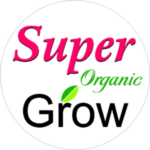 Shop layouts
Shop layouts
 Food Supplements
Food Supplements
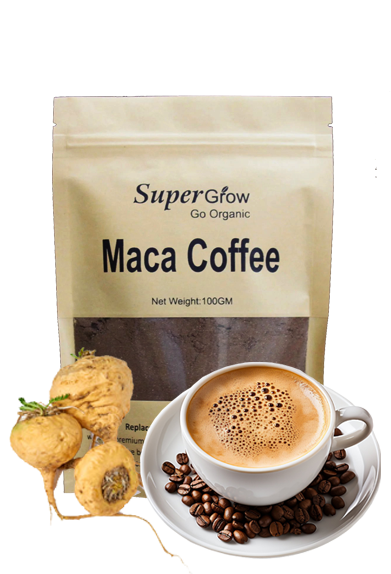



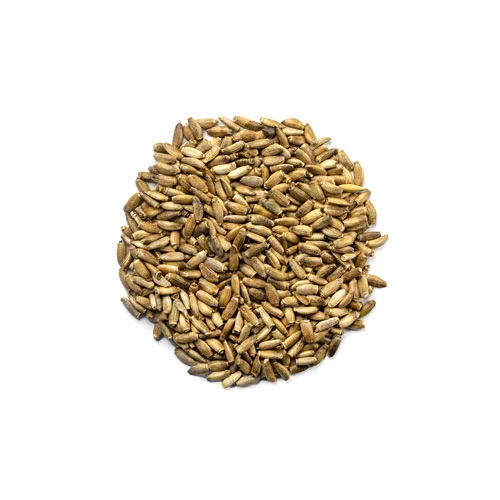
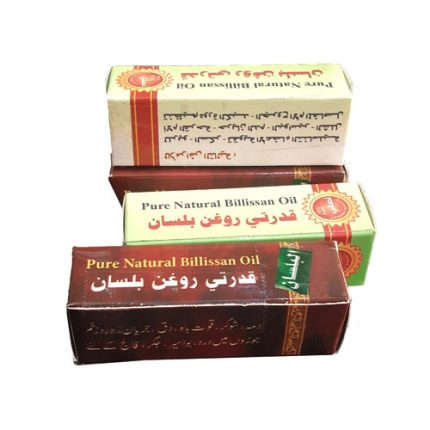
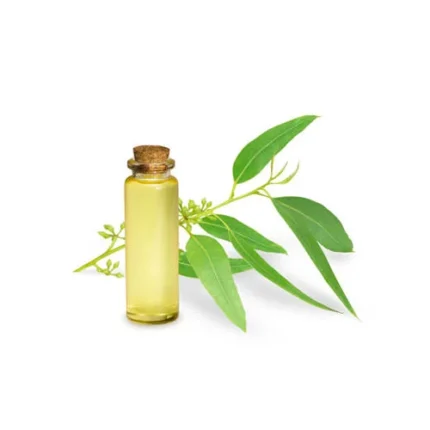


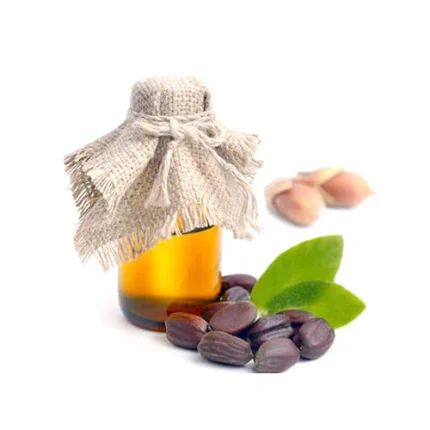
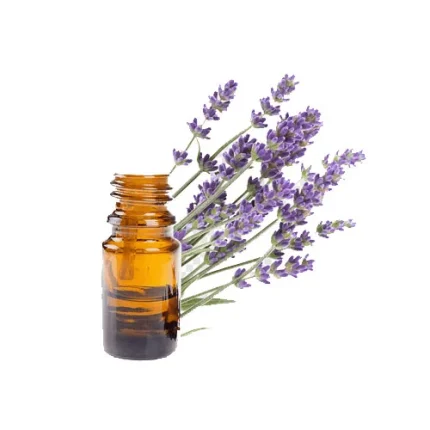
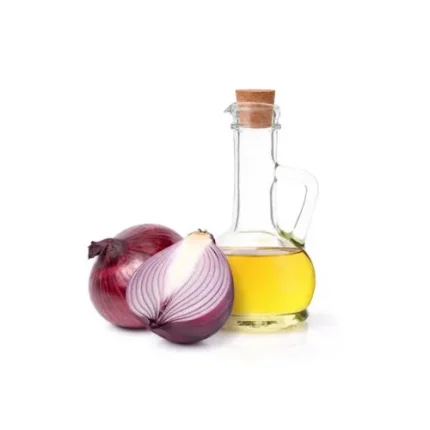
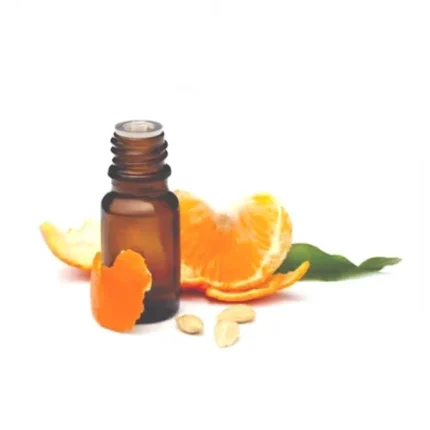
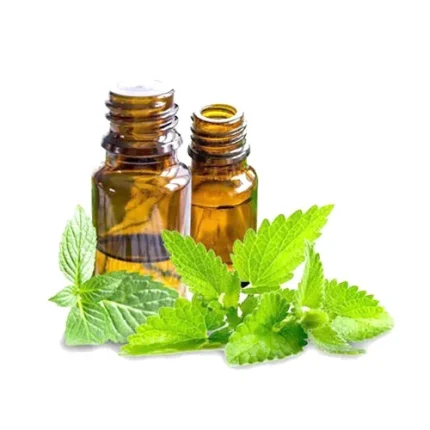
Reviews
There are no reviews yet.